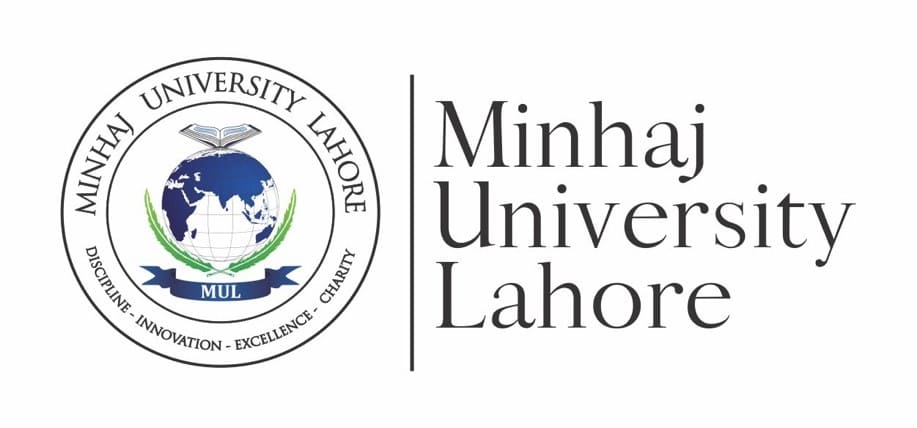The Lanao Sultanate in the 17th Century Zakāt System with Special Reference to the Islamic Perspective of Al-Māwardī
Abstract
Literature studies show that there is a sizable research gap vis-à-vis the Sunni Islamic
perspectives on zakāt system of the Lanao Sultanate. To fill in this research gap, this paper is
intended to explore in-depth the Sunni Islamic perspectives of the practices of the Maranaos
in Lanao on zakāt system with special reference to the Islamic perspective of al-Māwardī on
zakāt system. This works has used secondary data sources such as books, theses and journals.
This study will be of significant use as a reference material for the researchers. This research
promotes open and constructive debates on how applied Islamic governance helped to
develop the civil and religious life of the natives in the Philippines in the 17th century. The
recommendations of this work provide important inputs for the state policy makers to
promote better Islamic governance in the Muslim majority regions of Philippines. This study
contributes to the body of knowledge and academia on regional studies on Islamic civilization
in Southeast Asia as well as on the significant impact of the Lanao Sultanate to the ways of
life of the Maranao communities This study also recommends that the policy makers should
devise policies that promote Islamic zakāt system in the Muslim dominated areas of
Philippines. Such policies could be highly effective in eradicating poverty and also in
promoting the distribution of wealth for the quality life of masses in general.
Downloads
Published
How to Cite
Issue
Section
License
Copyright (c) 2021 SOHAYLE M. HADJI ABDUL RACMAN, DR. HASSAN SHAKEEL SHAH, DR. MOHAMMAD AYAZ, DR. KALIM ULLAH

This work is licensed under a Creative Commons Attribution-NonCommercial 4.0 International License.









